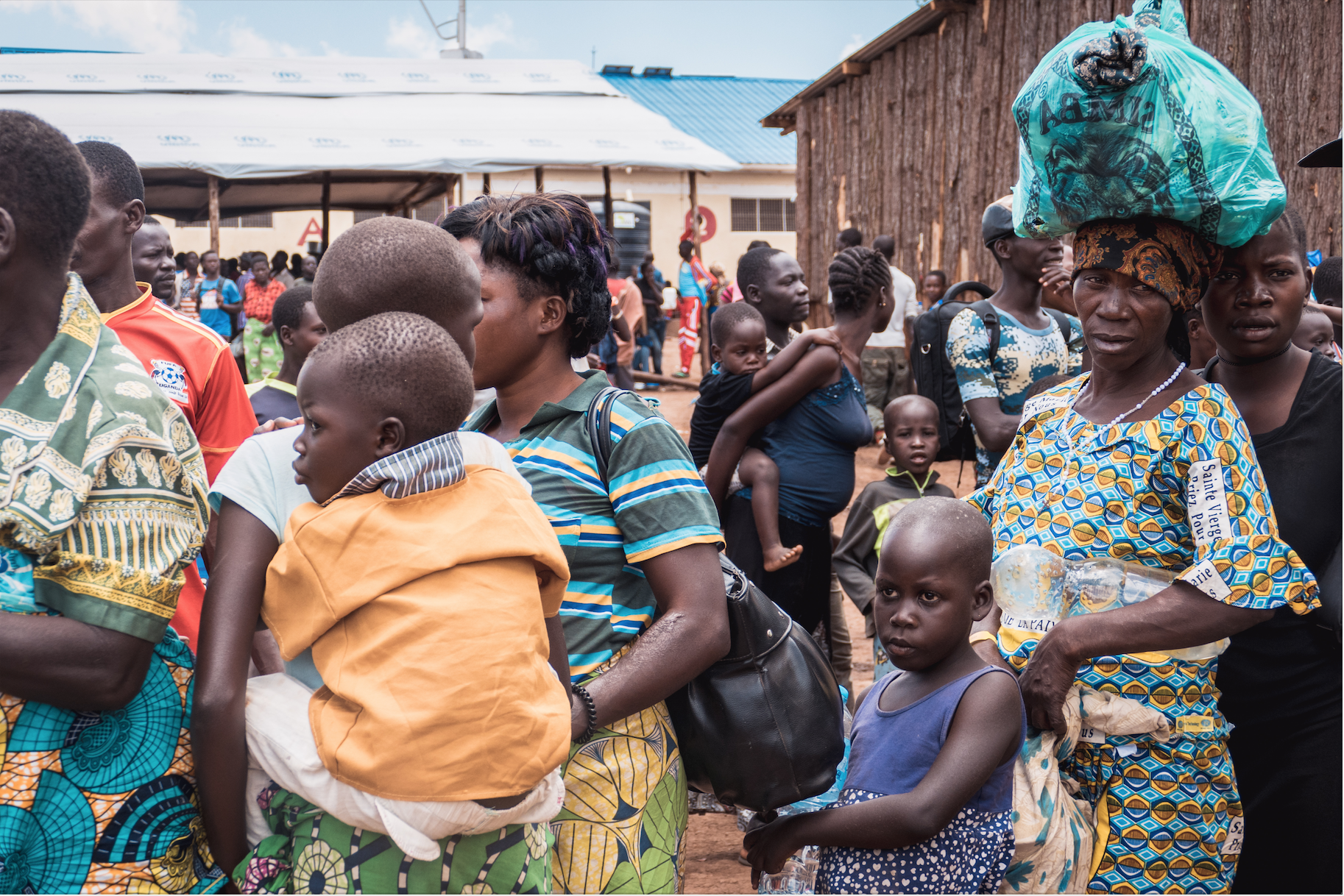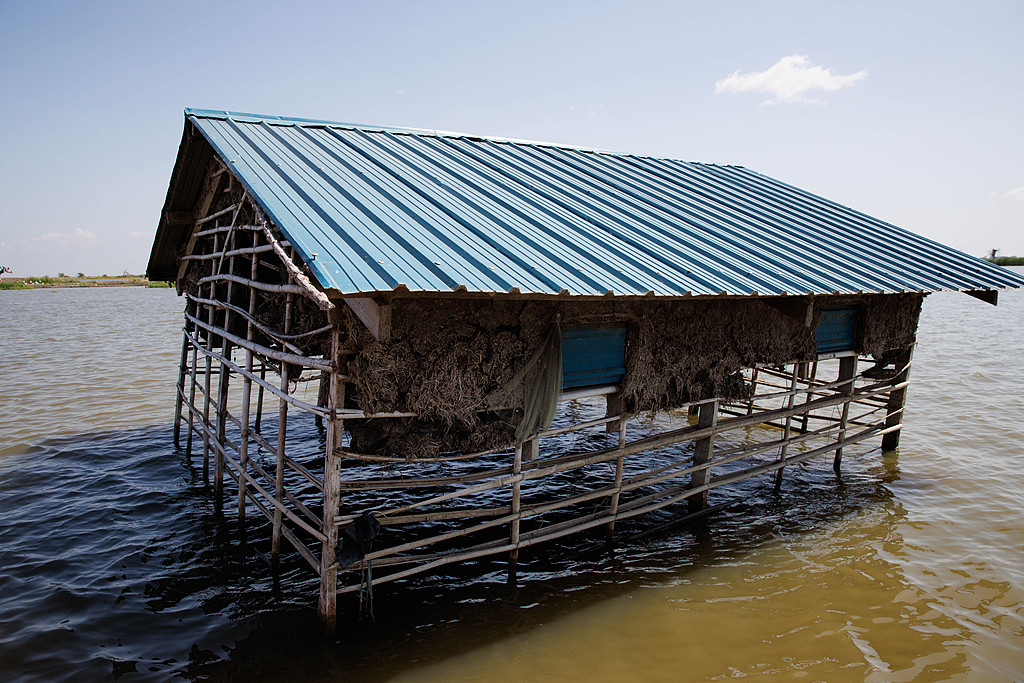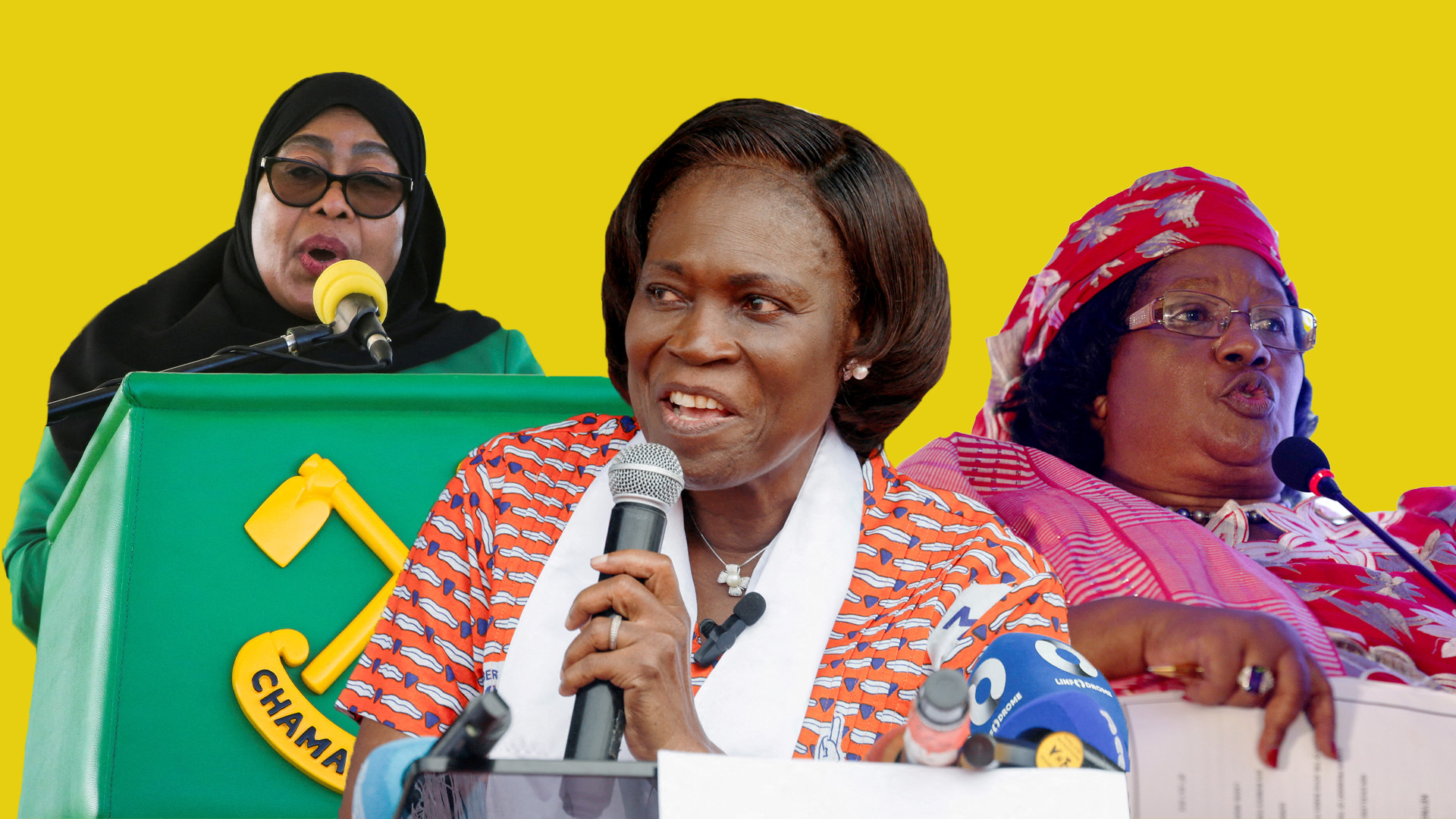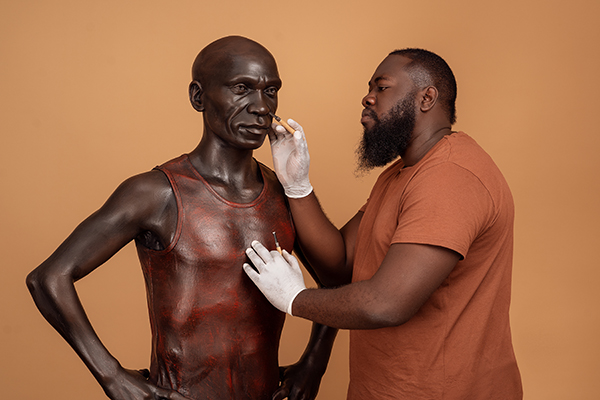
UN: 200,000 people fled DR Congo’s troubled Ituri region since March

More than 200,000 people, most of them women and children have fled increasing violence in Ituri since March in the Democratic Republic of Congo’s volatile east, the UN said on Friday.
Tensions have been rising in Ituri since last December with the launch of a government-led military operation against various armed groups in the regions.
“The UN refugee agency remains alarmed at an ongoing surge in violent attacks on local populations in the Ituri province of the Democratic Republic of the Congo, where more than 200,000 people have been forced to flee their homes in just two months,” agency spokesman Charlie Yaxley told a virtual briefing.
“UNHCR is calling on all sides involved in the conflict to respect civilian lives and humanitarian work,” he said.
The country already has about five million displaced people, including 1.2 million in Ituri, he added.
According to a UN report in January, more than 700 civilians had been killed in Ituri since the end of 2017.
The UNHCR and its partners since March had recorded more than 3,000 serious human rights violations in Djugu territory alone linked to an average of nearly 50 attacks against the local population every day, Yaxely said.
“Displaced persons have reported acts of extreme violence with at least 274 civilians killed with weapons such as machetes,” he said, adding that more than 140 women had reported being raped while nearly 8,000 houses had been set alight.
“The vast majority of those displaced are women and children, many of whom are now living under crowded circumstances with host families,” he said.
He added that others were sleeping in the open or camping in public buildings like schools, which are currently closed due to the COVID-19 pandemic.
Some of those who dared to return home were met with fresh attacks.
Yaxley said the UN was deeply concerned for the safety of the displaced people.
Lack of access for aid workers and deep funding shortage leaves them vulnerable to hunger and could have a huge impact as income opportunities have been reduced with the COVID-19 pandemic.
“UNHCR and its partners are working to assist with relief supplies and constructing more shelters for the newly displaced,” he said, adding though that such sites were rapidly becoming overcrowded.






